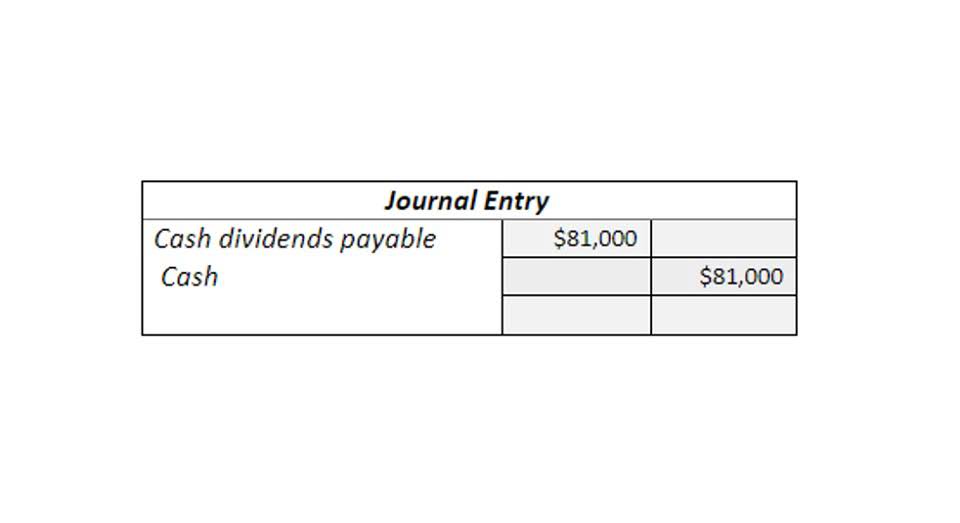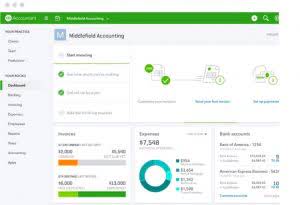
Donors will then send your campaign ID to the shared number and receive a link to your online campaign page. Your donors will send only a simple keyword to repeat the https://www.bookstime.com/ last donation – no filling out forms and inputting details required. Facility expenses, utilities, mortgage, office supplies, church payroll services, etc.
Free Resources

Churches mainly rely on tithes, offerings, and sometimes external donations as sources of income. Accurately assessing expected income is vital, and is typically done by looking at the last year. Ultimately, having specific goals helps in allocating resources more effectively. When you know where you’d like to be headed as a community, you can make better decisions about the type of budget you need. The church budget is not just a financial document; it reflects the church’s vision, values, and commitment to ministry.

Why A Church Budget Is Essential?

When creating a budget, leaders must ask how the church will raise and spend funds. In this article, we share why you need a budget, different budget types, actional budget tips, and steps to create a working budget for your church. As the name implies, this type of budget allocates funds based on specific church programs and ministries.
Residents offered council winter support payment
If your Net Position is negative, it means you’ve spent more than you brought in. adjusting entries You only need to know what the primary sources of revenue are for your organization. From the start, you have to know your church’s total asset package.

Educate the congregation about the church’s financial needs and goals. Transparency in finances can encourage more consistent giving and support from the church community. Staff expenses often represent the largest portion of the budget. Consider implementing voluntary pay reductions, across-the-board percentage pay cuts, or, as a last resort, eliminating certain positions. While these decisions are challenging, they may be necessary to ensure the church’s sustainability. The first and potentially the most obvious strategy for churches is to reevaluate their budgets.
Evaluate your Church’s Size and Complexity
Before you begin the church budgeting process, it’s important to consider what type of budget will work best for your church. In a financial sense, budgeting helps keep track of church finances. This helps with transparency as you can share the good you do with tithes, offerings and donations. This is not to brag or show off but rather to encourage people to continue to invest in the community through the church. A significant portion of the church budget goes toward staff expenses.

A good rule of thumb is to have at least 10% of net profit in the positive. Take your current net profit for each month and divide it by the total income for that same month. If it’s less than 10%, take a look at your expenses and see where you can save some money.
Church Budgets
Once you have your estimated income for the year, you can use it to determine the projects and programs you can afford to run. If your income does not cover everything you want to do, you can plan more fundraising events. Training and education are great investments to make in your staff.
- It’s been so easy to learn, our staff is loving it and best of all even our staff who are not computer savvy find it a breeze (pun intended).
- These funds provide financial stability during challenging times.
- To begin, you have to know your church’s overall financial position.
- Don’t forget any special income streams, like fundraising events and grants, as well as rental income or investments.
- They realized that it was time for them to go and was blessed accordingly.
- Once the budget is established, regularly monitor and review financial statements to ensure adherence to the budget and make adjustments as necessary.
- If your church has a bookstore or resource center where it sells things like t-shirts, books and gifts, this is considered income.
- Because churches are nonprofit organizations and don’t generate as much income as businesses, every cent counts.
- These income sources can range from interest income to individual donations and grants.
- This will help you avoid unnecessary hardships — and free you up to fulfill your mission and serve your community.
Most of these how to create a church budget articles agree that the largest share should cover salaries and wages for your ministry and staff. After that, the percentage largely depends on your church’s specific expenses. Keep a portion of your church’s budget for marketing, especially in the final quarter of the year. This is known as the nonprofit fundraising season, and it’s a significant time for donations.

